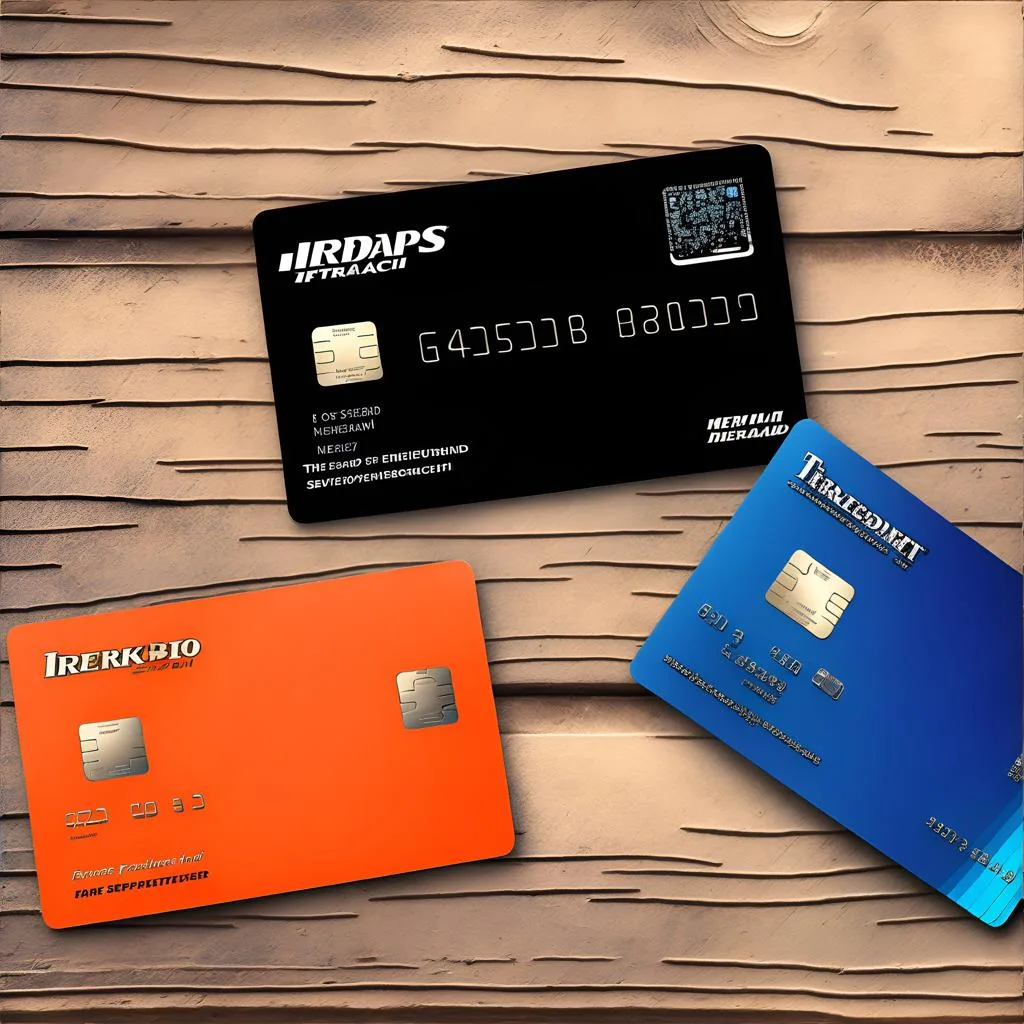
Credit card scams are a prevalent issue that can affect anyone, including those who are cautious and vigilant. These scams are particularly problematic for online shoppers and gamblers who rely on credit cards or banking apps for transactions. It is essential to be aware of the potential risks and take necessary precautions to protect yourself from becoming a victim.
Personal Experiences with Credit Card Scams
In one instance, an individual had their credit card details stolen and money taken from their account after using their card at an internet café in Los Angeles. A key logger was discovered on the computer, which led to the reporting of the incident and the eventual arrest of the café owners. The victim’s funds were restored within a few days.
Another incident involved a large-scale data theft where millions of customer accounts were hacked and sold online. In this case, there was little the individual could have done to prevent their card from being compromised. Dishonest Uber, Lyft, and taxi drivers are also known to steal money from credit cards.
Monitoring Your Accounts
To avoid credit card scams, regularly review your accounts and check for any unfamiliar transactions. If your bank or credit card provider offers email or text notifications, be sure to sign up for them. Using credit cards instead of debit cards is also recommended, as it is easier to dispute fraudulent transactions.
When traveling, limit the number of cards you use to one or two, making it easier to monitor and isolate any compromised cards. Be mindful of how your cards are handled by cashiers, waiters, and bartenders, and never hesitate to question any unusual actions.
Online Safety Measures
Avoid clicking on unsolicited links or calling numbers listed in unexpected emails. Instead, go directly to the website to log in or call your bank. Exercise caution when signing up for new accounts on websites that may later prove to be scams. Always check for an SSL padlock beside the URL before entering your card details.
Protecting Yourself in Public Places
In a recent example, servers at a Spanish restaurant were seen wiping every card they processed to clean the chip. While the staff appeared trustworthy, this action could have easily been exploited by a dishonest card skimmer. Surprisingly, none of the customers seemed concerned about how their cards were being handled.
To protect yourself from credit card scams in public places, pay attention to how your cards are being handled and question any unusual actions, even if you trust the establishment. It is always better to be safe than sorry.
Conclusion
In conclusion, credit card scams are a real threat and can happen to anyone. By taking simple precautions such as monitoring your accounts, using credit cards instead of debit cards, and being vigilant about how your cards are handled, you can significantly reduce the risk of becoming a victim. Stay alert and don’t be afraid to question suspicious actions. Remember, awareness and quick action can protect you from 99% of potential scams and prevent serious losses if your data or property becomes compromised.